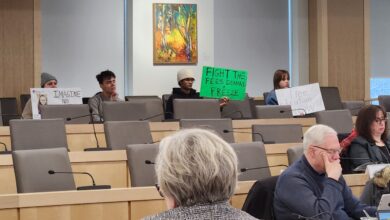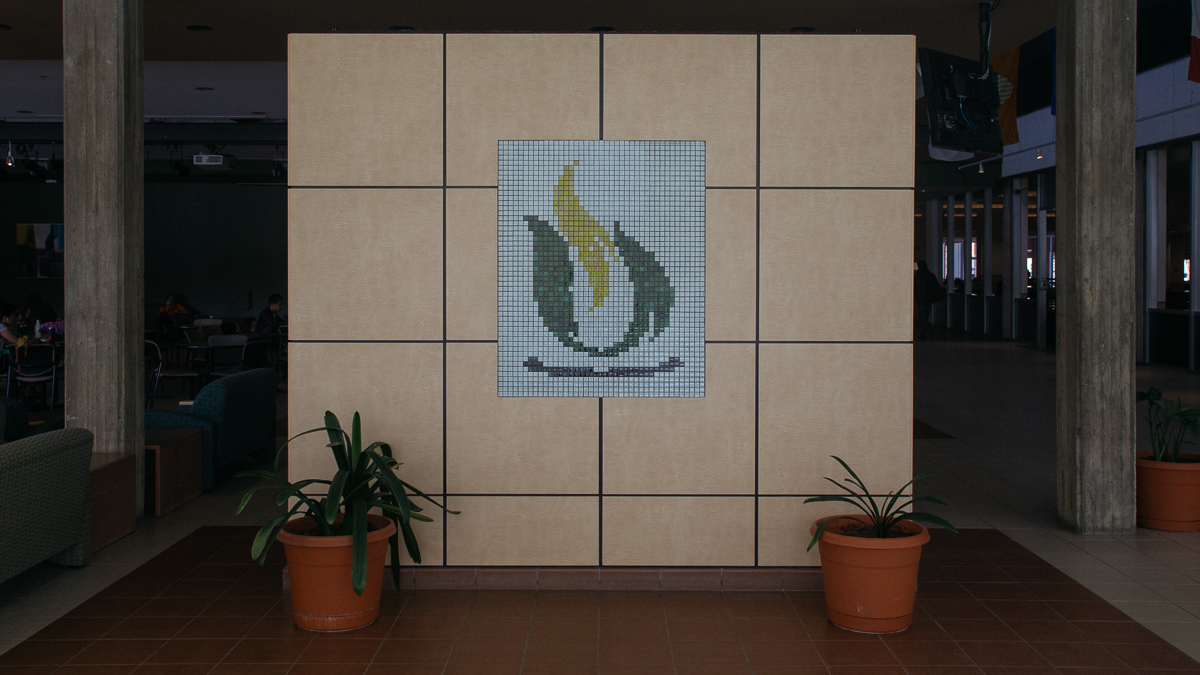The hijab isn’t inherently repressive — patriarchy is
 Photo by kilarov zaneit on Unsplash
Photo by kilarov zaneit on UnsplashFarzana Hassan, a Pakistani-Canadian and a columnist for the Toronto Sun, showed anger and frustration towards the celebration of World Hijab Day, which occurs every year on February 1.
World Hijab Day, unlike Farzana seems to understand, isn’t a day that claims that hijab (head coverings/veils) is a “symbol of Islam,” but rather, a day to recognize, celebrate, and empower women who choose to wear the hijab in the very harsh anti-Muslim world we live in. World Hijab Day isn’t claiming that hijab is representative of Islam, and that if someone doesn’t wear the hijab, they’re not Muslim. It’s simply an acknowledgement of those who choose to wear it.
However, instead of respecting Muslim women who wear the hijab, Hassan continuously refers to Muslim women as fundamentalists and Islamists, and women who don’t wear the hijab as “moderate Muslim women.” This associates hijab with backwardness and anti-modernity. By doing this, Hassan intentionally creates a narrative of “us” versus “them;” women who are victims of hijab-enforcing regimes (these are the Muslim women we should be joining sides with) and Muslim women who supposedly cover to support patriarchal and authoritarian regimes. Here, she insinuates that every Muslim woman who wears the hijab wears it for a political reason: to support the Islamist worldview — a politicized version of radicalized Islam.
Hassan states, without sources, “only 30 percent of Muslim women worldwide observe the hijab.” Not only is it unclear where this statistic came from, but she bases her entire article off of this fact, arguing that because only a minority of Muslim women wear the hijab, it’s therefore not important or justified that we celebrate World Hijab Day.
It’s hard to state how many women in a country, let alone worldwide, wear the hijab and the reasons as to why they wear it — for example, they might be wearing it for religious, political, social, or family reasons. In Egypt, a country where women’s clothing isn’t policed by the state, around 90 per cent of women voluntary cover their hair. This shows that not only are these women not the minority, but it’s in fact justifiable to appreciate and represent this majority group of women on February 1.
What Hassan doesn’t realize is that the real enemy is not women who wear the hijab, nor is it the hijab itself. Like Muslim writer and community organizer Hoda Katebi states, the real enemy is the way in which the patriarchy mobilizes women’s clothing. The focus here needs to shift from Islam and women’s clothing to the bigger issues: the controlling patriarchal societies that tell women what to do and what to wear, and the system that creates and mobilizes Islamism for political gains. These issues give power and rise to radical terrorist organizations such as ISIS, and power to states such as the United States to violently intervene in terrorist-occupied countries for the sake of “liberalization.” Most importantly, the creation of these issues end up hurting women the most.
Hassan’s defensive and angry reaction to the hijab is not only irrational, but also foolish. It’s evident that Hassan doesn’t want to see eye to eye with hijabi women. Instead, she argues that solidarity needs to be shown to those who are forced to wear the hijab.
For me, not only is this frustrating, but it also goes to show that people such as Hassan don’t want the hijab to be normalized and accepted in society. This brings up various concerns of progress. How and when will we, as a society, come together and understand and accept the issues and struggles of others? When will we start seeing things from other people’s perspectives?
As a society, what we need to do is stand up for women’s choices and their rights to wear whatever they want. By feeding into the “us” versus “them” narrative, we’re only creating more divisions, something the world certainly doesn’t need any more of.





Interesting and well written response Elif